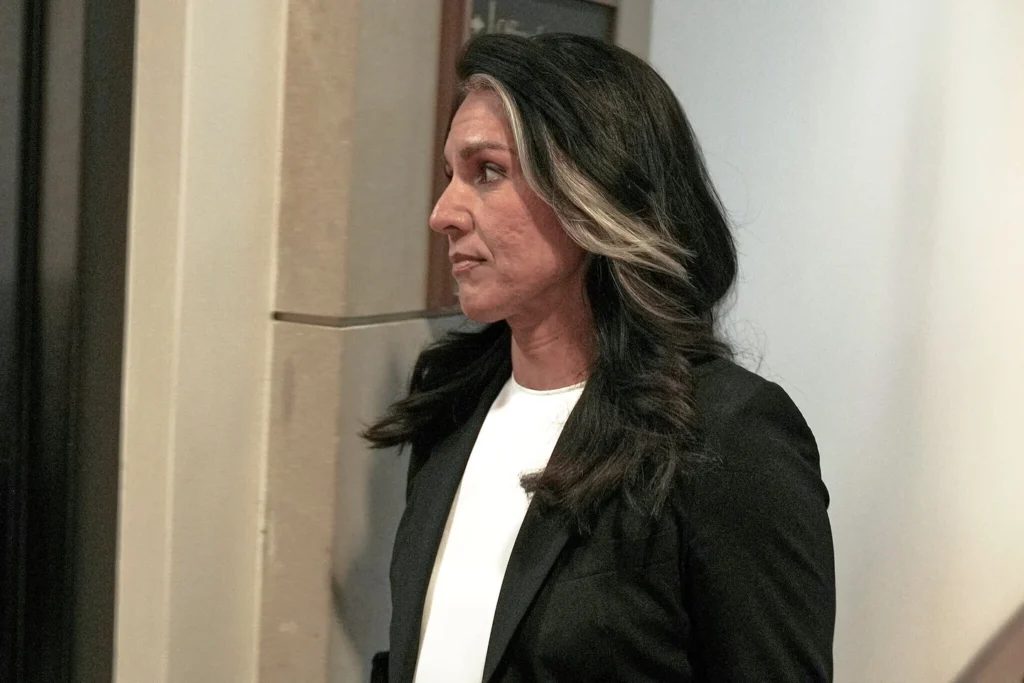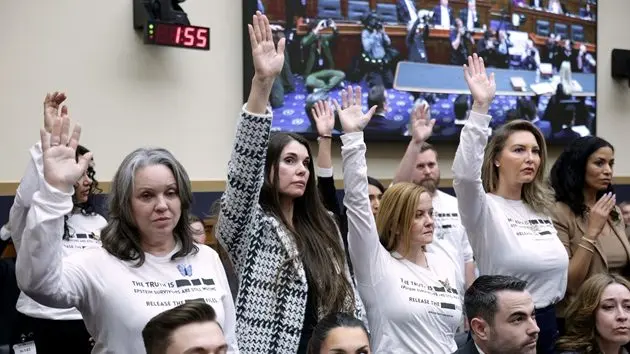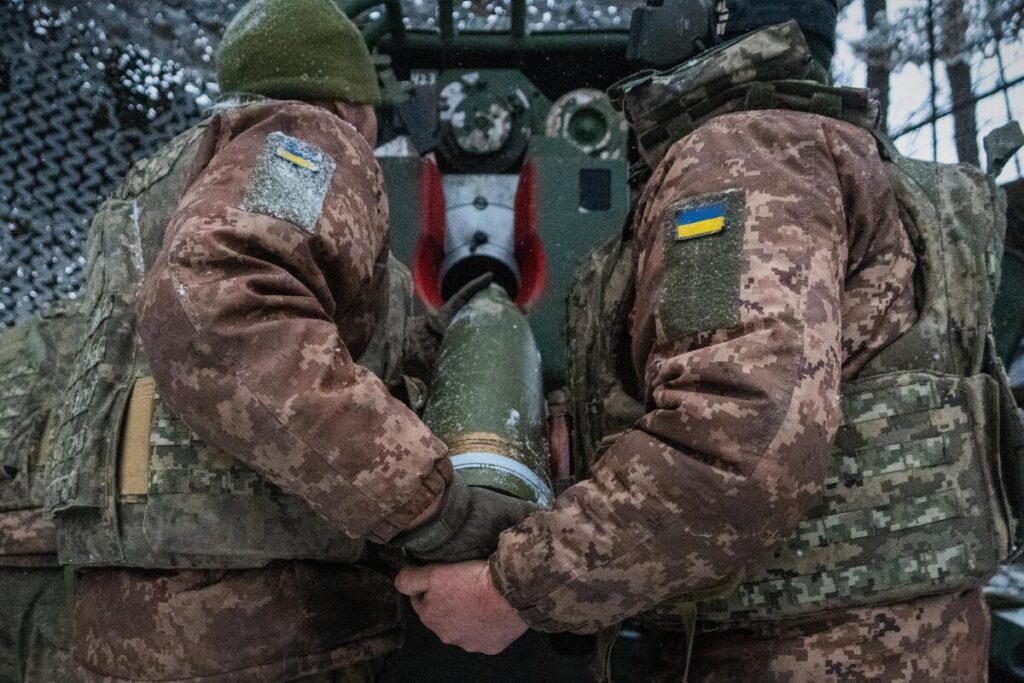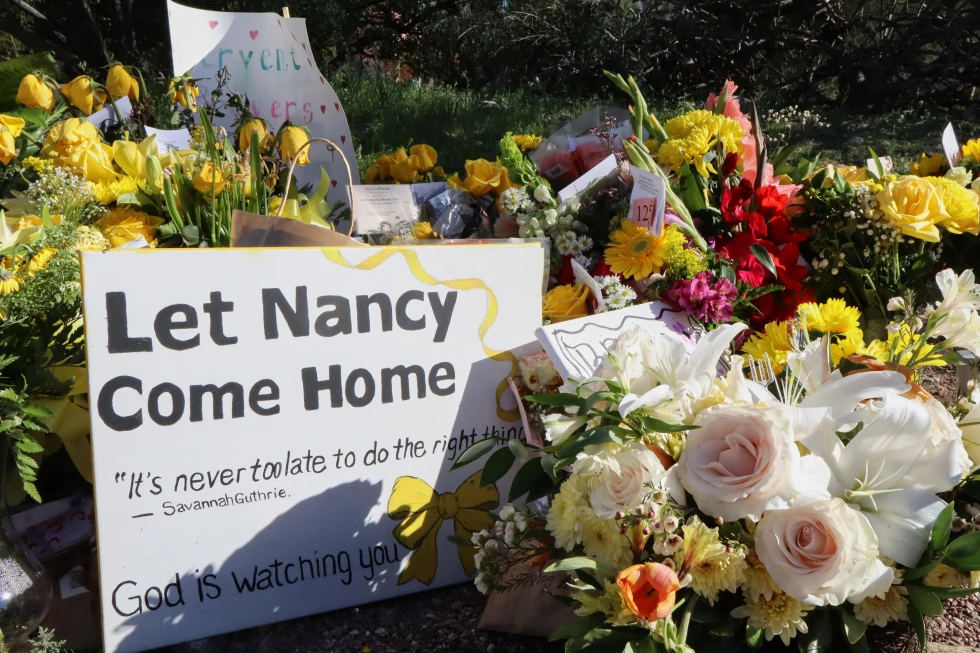Trump, Gabbard Push False Narrative on 2016 Russia Aid

Trump, Gabbard Push False Narrative on 2016 Russia Aid
Nine years after benefiting from Russian interference in the 2016 election, Donald Trump is once again denying any such support. This time, he’s being aided by Director of National Intelligence Tulsi Gabbard.
Gabbard, known for her pro-Russia stances, posted claims last week accusing top Obama-era officials of a “treasonous conspiracy.” Her posts ignored widely documented evidence and instead reignited Trump’s long-standing effort to rewrite the history of his election win.
Trump eagerly amplified Gabbard’s statements. He reposted her interviews, shared fake videos showing the FBI arresting Barack Obama, and circulated images of Obama and former aides in prison uniforms. His goal: to shift blame and paint himself as a victim of a conspiracy.
Intelligence Findings Contradict Claims
Both Special Counsel Robert Mueller and the Republican-led Senate Intelligence Committee concluded that Russia interfered in the 2016 election to help Trump. “Putin and the Russian government demonstrated a preference for candidate Trump,” the Senate report confirmed.
Despite this, Gabbard falsely suggested that a lack of evidence of tampering with voting machines meant no interference occurred. Intelligence officials have always clarified that Russia’s efforts focused on disinformation, email hacks, and influence operations—not vote alteration.
Former Obama White House official Ned Price criticized Gabbard’s distortion: “She’s intentionally conflating hacking with influencing to distract from Trump’s actual benefit from Russian meddling.”
Trump’s History of Embracing Russian Help
Trump’s denials are nothing new. During the 2016 campaign, he publicly called on Russia to find Hillary Clinton’s deleted emails. That same day, WikiLeaks began publishing stolen emails from the Clinton campaign.
He referenced WikiLeaks repeatedly in campaign speeches and was aware by August 2016 that Russian intelligence had stolen the materials. On October 12, 2016, WikiLeaks privately messaged Donald Trump Jr. with a link to promote. Minutes later, Trump Sr. tweeted praise for WikiLeaks, followed by his son tweeting the provided link days later.
Trump’s campaign integrated this stolen information into its final month of messaging—yet he continues to deny receiving any help.
From Denial to Deflection
Once Mueller’s report failed to establish a prosecutable conspiracy, Trump dismissed the entire investigation as a “hoax.” With Giuliani’s encouragement, he also pushed a false theory that Ukraine—not Russia—interfered in 2016 to help Hillary Clinton.
That theory originated from Russian intelligence and led to Trump’s infamous attempt to pressure Ukraine’s president into launching an investigation into Joe Biden. That effort resulted in Trump’s first impeachment.
Legal experts see a pattern. “Instead of offering independent intelligence analysis, Gabbard is pandering to Trump’s obsession with absolving himself of wrongdoing,” said Norm Eisen, a former ethics lawyer in the Obama White House.
Misinformation Persists
When Russia launched its full-scale invasion of Ukraine in 2022, Trump called Vladimir Putin “savvy” and “a genius.” He later blamed Ukraine for provoking the war.
Now, with Gabbard at the helm of U.S. intelligence, Trump has found a new ally willing to distort long-established facts. Gabbard’s “revelation”—that Russia didn’t hack voting machines—was never in dispute. What was confirmed repeatedly is that Russia tried to sway the election, favored Trump, and succeeded in influencing American voters.
Both the Mueller report and the Senate investigation, led by Republican Marco Rubio, stated clearly: Russia interfered in the 2016 election—and Trump benefited.
As Ned Price noted, “Russia had a favorite in its influence operations: Donald Trump.”
Source: The Huff Post
: 170







